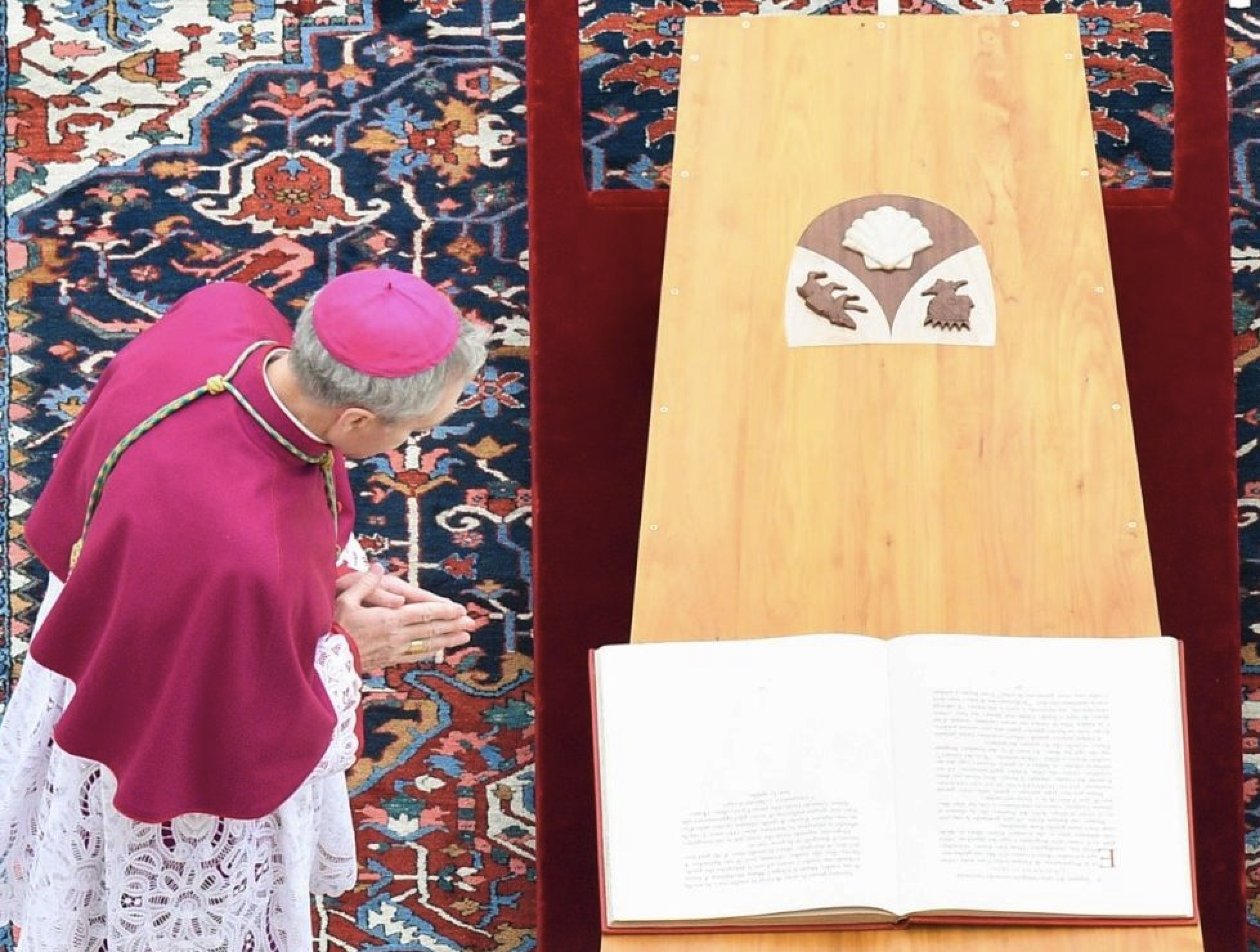During the 1970s and '80s, the flocks gathered in conservative Protestant pews kept growing and growing — until a third of the U.S. population could be defined as "evangelical."
Times were already getting tough for leaders of progressive Mainline churches, with sharp declines in budgets and worship attendance. But the waters were smooth for evangelicals.
"One might be considered a capable kayaker if the river currents are moving along at only a few miles per hour," said theologian David Dockery, during the recent convocation rites at Southwestern Baptist Theological Seminary in Ft. Worth, Texas, after he was inaugurated as its 10th president.
But the currents changed, while many contented evangelical leaders didn't spot the dangerous waves around them. "I fear that the waters of our cultural context have become much choppier and are moving evermore rapidly with each passing year," said Dockery, who noted that he was beginning his 40th year working in Christian higher education.
Consider a sobering new study -- "The Great Dechurching. Who's Leaving, Why Are They Going, and What Will It Take to Bring Them Back" -- by researchers Jim Davis, Michel Graham and Ryan Burge. Their numbers indicate that evangelicalism has backslid to where it was 50 years ago.
The big question is, "Why?" Dockery said he accepts the study's thesis that many boom-era evangelicals lacked "deep roots in their understanding of the Christian faith." Many evangelicals failed to teach practical discipleship in daily life and seemed reluctant to defend the truths "delivered to the saints" through the ages. This fear of theology has proven to be a disaster as America "has become more secularized, polarized and confused," he said.
Thus, the "Dechurching" trend leads straight to hard questions about seminaries, noted Burge, in his "Graphs about Religion" newsletter.










